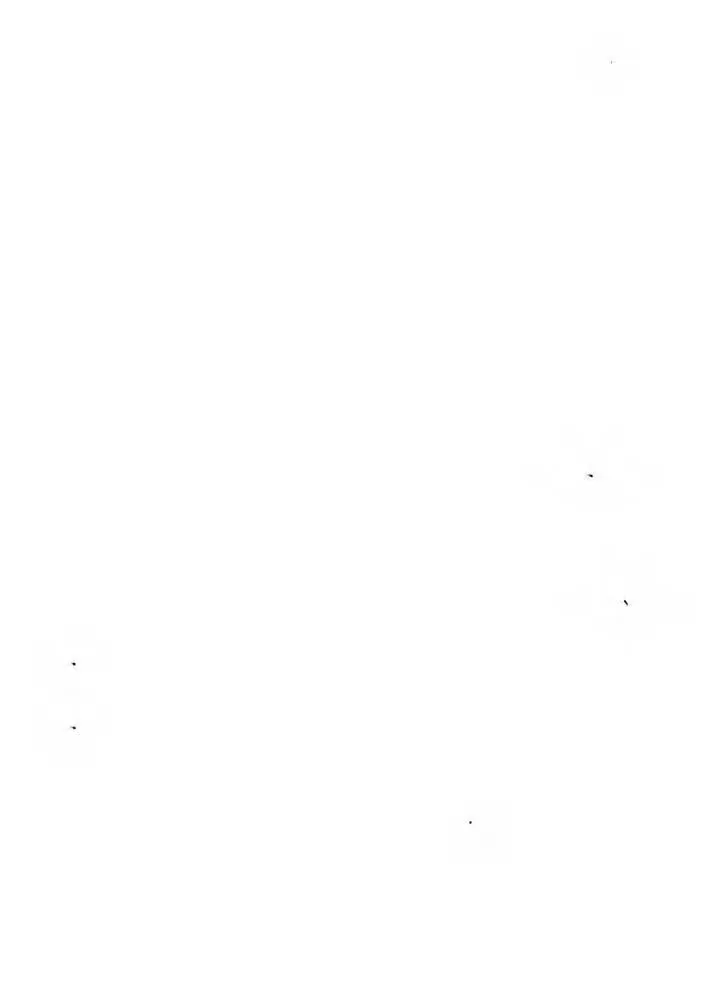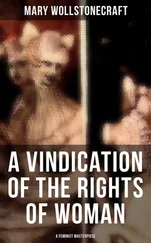Andrea Dworkin - The Political Memoir of a Feminist Militant
Здесь есть возможность читать онлайн «Andrea Dworkin - The Political Memoir of a Feminist Militant» весь текст электронной книги совершенно бесплатно (целиком полную версию без сокращений). В некоторых случаях можно слушать аудио, скачать через торрент в формате fb2 и присутствует краткое содержание. Жанр: Публицистика, на английском языке. Описание произведения, (предисловие) а так же отзывы посетителей доступны на портале библиотеки ЛибКат.
- Название:The Political Memoir of a Feminist Militant
- Автор:
- Жанр:
- Год:неизвестен
- ISBN:нет данных
- Рейтинг книги:4 / 5. Голосов: 1
-
Избранное:Добавить в избранное
- Отзывы:
-
Ваша оценка:
- 80
- 1
- 2
- 3
- 4
- 5
The Political Memoir of a Feminist Militant: краткое содержание, описание и аннотация
Предлагаем к чтению аннотацию, описание, краткое содержание или предисловие (зависит от того, что написал сам автор книги «The Political Memoir of a Feminist Militant»). Если вы не нашли необходимую информацию о книге — напишите в комментариях, мы постараемся отыскать её.
The Political Memoir of a Feminist Militant — читать онлайн бесплатно полную книгу (весь текст) целиком
Ниже представлен текст книги, разбитый по страницам. Система сохранения места последней прочитанной страницы, позволяет с удобством читать онлайн бесплатно книгу «The Political Memoir of a Feminist Militant», без необходимости каждый раз заново искать на чём Вы остановились. Поставьте закладку, и сможете в любой момент перейти на страницу, на которой закончили чтение.
Интервал:
Закладка:
it out for a while. Then they sent in a turncoat Jew, a pretty,
gutless teacher, who said that she was Jewish and she sang
“Silent Night" so why didn’t l? It was my first experience with
a female collaborator, or the first one that I remember. They
left me alone in the empty classroom after that. I wasn’t a
religious zealot; I just didn’t like being pushed around, and I
knew about and liked the separation of church and state, and
I knew I wasn’t a Christian and I didn’t worship Jesus. I even
knew that Christians had made something of a habit of killing
Jews, which sealed the deal for me. I was shunned, and one of
my drawings, hung in the hal on a bulletin board, was defaced:
“kike” was written across it. I then had to undergo the excruciating process of get ing some adult to tell me what “kike”
meant. I thought my teachers were fascists in the style of the
Inquisition for wanting me to sing “Silent Night” when they
knew I was Jewish, and I stil think that. What they take from
you in school is eroded slowly, but this was big. I couldn’t
18


“Silent Night"
understand how they could try to force me. Transparently,
they could and they did. Force, punishment, exile: so much
adult firepower to use against such a little girl. To this day I
think about this confrontation with authority as the “Silent
Night” Action, and I recommend it. Adults need to be stood
up to by children, period. It’s good for them, the adults, I
mean. Pushing kids around is ugly. The adults need to be
saved from themselves. On the other hand, students should
not, must not shoot teachers. The nobility of rebellion student-
to-teacher requires civil disobedience, not guns, not war -
pedagogy against pedagogy In this context, guns are cowardly
I was, however, in crisis. I had read Gone with the Wind
probably a hundred times, and like Scarlet I was willful. My
problem was the following: abortion was illegal and women
were dying. How could this be changed? Was the best way to
write a book that made you cry your heart out and feel the
suffering of the sick and dying women or to go into court a la
Perry Mason and make an argument so compelling, so truthful and poignant, that people would rise up unable to bear the pain of the status quo? You might say that in some sense I was
fully formed in the sixth grade. My frame of reference was not
expansive - I did not yet know about Danton or Robespier e
or any number of referent points beside Perry Mason - but in
formal terms the dilemma of my life was fully present: law or
literature, literature or law? By the end of that year, I had
decided that they could stop you from going to law school -
19


Heartbreak
and would - but no one could keep you from writing because
nobody had to know about it.
It was my mother whose politics were represented by the
abortion theme: she supported legal birth control and legal
abortion long before these were respectable beliefs. I had
learned these prowoman political positions from her, and I
think of her every time I fight for a woman’s reproductive
rights or write a check to the National Abortion Rights
Action League or Planned Parenthood. Our arguments for the
abortion right now might be more politically sophisticated,
but my mother had the heart and politics of a pioneer - only
I didn’t understand that. These were the reproductive politics
I grew up with, and so I did not know that she had taught me
what I presumed was fair and right.
Eventually she would tel me that the worst mistake she had
made in raising me was in teaching me how to read; she had a
mordant sense of humor that she rarely exercised. The public
library in the newly hatched suburb of Delaware Township,
later to become Cherry Hill, was in the police station or next
door to it; and my mother found herself writing notes giving
me permission to take out Lolita or Peyton Place. To her credit
she did write those notes each and every time I wanted to read
a book that was forbidden for children. Or I think it’s to her
credit. I don’t know why later she would not let me see the
film A Summer Place with Sandra Dee and Troy Donahue (the
two are teenaged lovers and Sandra gets pregnant) when I had
20


“Silent Night”
already read the book. We had a screaming match that lasted
several days. She won, of course. It was the sheer exercise of
parental authority that gave her the victory, and I despised her
for not being able to win the argument on the merits. She’d
blow up at my curiosity or precociousness, and it seemed to
come out of nowhere to me. What she hated wasn’t what I
read or the movies I saw but what I started writing, because
sixth grade was the beginning of writing my own poems.
They’d be small and imitative, but they were piss-perfect,
in-your-face acts of rebellion. The adults could keep lying, but
I wouldn’t. My mother’s real failure was in telling me not to
lie. I had a literalist sense of the meaning of the admonition.
I was a “kike” and would continue to be one: never once have
I sung “Silent Night” nor will I. I recognized that there were
a lot of ways of lying, and pretending that Christmas and Easter
were secular holidays was a big lie, not a small one. Whether
the issue was segregation or abortion, I, the sixth-grader, was
going to deal with it, and my vehicle was going to be truth:
not a global, self-deluded truth, not a truth that only I knew
and that I wanted other people to follow, but the truth that
came from not lying. Like “do no harm, ” not lying is a big one,
a hard discipline, a practice of spartan ethics too often mistaken
for self-righteousness. If put ing my body there when it ought
to be here was required but to do so was to lie, I wasn’t going
to do it. I’d write and I wouldn’t lie. So when self-help writers
tel one to find the child within, I assume they don’t mean me.
21


Интервал:
Закладка:
Похожие книги на «The Political Memoir of a Feminist Militant»
Представляем Вашему вниманию похожие книги на «The Political Memoir of a Feminist Militant» списком для выбора. Мы отобрали схожую по названию и смыслу литературу в надежде предоставить читателям больше вариантов отыскать новые, интересные, ещё непрочитанные произведения.
Обсуждение, отзывы о книге «The Political Memoir of a Feminist Militant» и просто собственные мнения читателей. Оставьте ваши комментарии, напишите, что Вы думаете о произведении, его смысле или главных героях. Укажите что конкретно понравилось, а что нет, и почему Вы так считаете.












